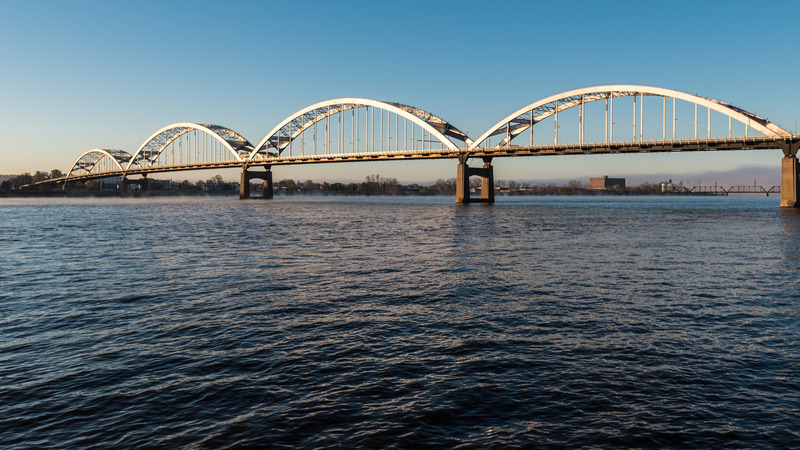A new report from the National Wildlife Federation warned the effects of climate change in the Quad Cities will be severe but researchers got the public involved in studying to find ways to head off some of the most pressing concerns.
The report showed climate change means a warmer, wetter future for the Quad Cities, which straddle the Mississippi River in Iowa and Illinois.
Nina Struss, river health and resiliency organizer for the Prairie Rivers Network, said rather than repeating what experts have already been saying about drastic flooding along the Big Muddy, researchers and Quad Cities residents brainstormed solutions to tackle the effects of climate change.
“Flooding and flash flooding were the top concerns,” Struss noted. “Extreme heat was also a big concern, as well as drought and other extreme weather events.”
Researchers combined the information with hard science at the University of Illinois to create 3D models depicting what climate-induced flooding along the Mississippi could look like in the future. The survey also asked people to identify which geographical areas and populations are most at risk from the effects of climate change and worked with the community on solutions to mitigate some of them.
Struss explained the research proposes what are known as nature-based solutions to combat the effects of climate change, such as restoring, preserving and even expanding existing ecosystems, like wetlands and tree canopies, and creating more eco-friendly infrastructure.
“Can we work to maybe have our pavements that we’re putting in be more permeable, so that they can absorb that water and have that higher water-holding capacity?,” Struss asked. “Can we focus on areas to plant more native plants that have stronger root systems, versus ones that have shorter root systems, to help with that water-holding capacity?”
Struss emphasized the research is not a one-off project. It will continue to change as the climate changes, the needs become more clear and the effects more drastic. She added progress in addressing climate change relies on more research, education and funding.
Mark Moran reporting.


